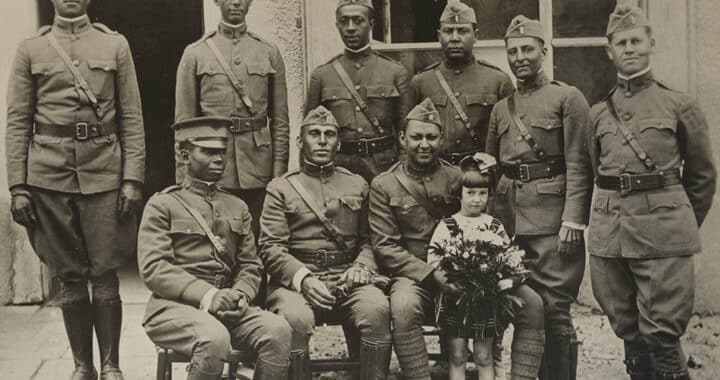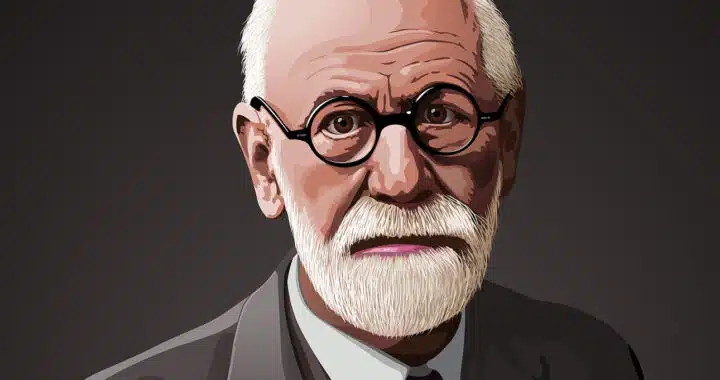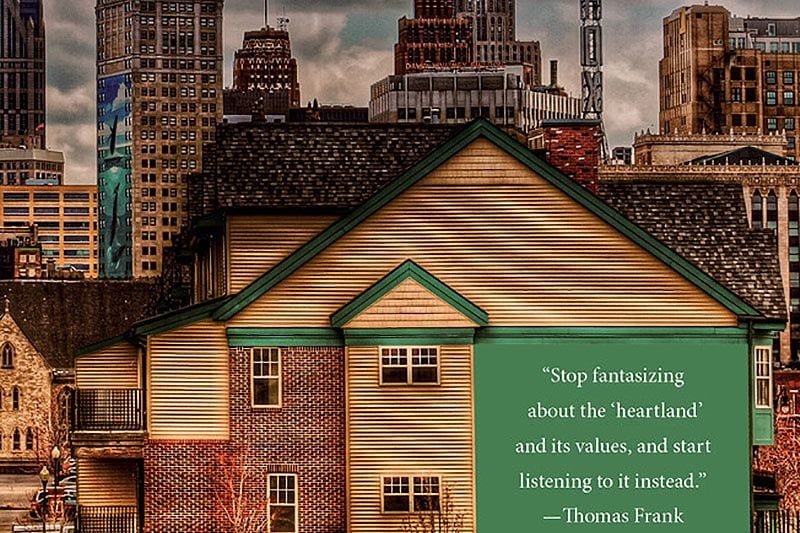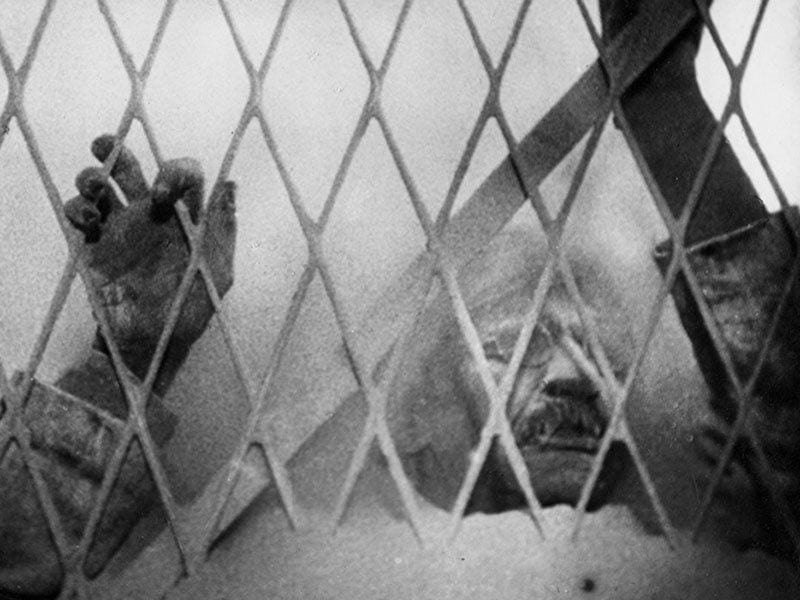
Breaking the Habit: Can the US Kick a Century of Drug Dependence?
In Quick Fixes, Benjamin Y. Fong explores America’s stubborn addiction to drugs and looks beyond failed drug wars for a way to break the habit once and for all.

In Quick Fixes, Benjamin Y. Fong explores America’s stubborn addiction to drugs and looks beyond failed drug wars for a way to break the habit once and for all.

W. E. B. Du Bois hoped that WWI would help Black Americans make gains at home after serving their country abroad. His work for racial progress, like America itself, remains unfinished.

Andrew Nagorski’s engrossing biography, Saving Freud, brings forth the dangerous power of denial.

The Shame Machine: Who Profits in the New Age of Humiliation offers a means to fight back against shaming but little advice for addressing shameless behavior.

Consideration of both the sound and the silent versions of Alfred Hitchcock’s ‘Blackmail’ provides a unique opportunity to explore the methods of an artist and industry in transition.

How America's ur-ghetto, New York's Lower East Side, changed the way we see ourselves.

The daughters and sons of the embattled, resilient US heartland map out its personal, cultural, and historical landscape.

A sociologist offers hope for finding better solutions to complex problems by asking better questions about causation.

If Carl Theodor Dreyer had his way, his 1932 film Vampyr would now be a Halloween vampire movie tradition.

Mary Poppins, Mrs. Gamp, Egyptian deities, a Japanese umbrella spirit, and a supporting cast of hundreds of brollies fill Marion Rankine’s lively history, Brolliology.

